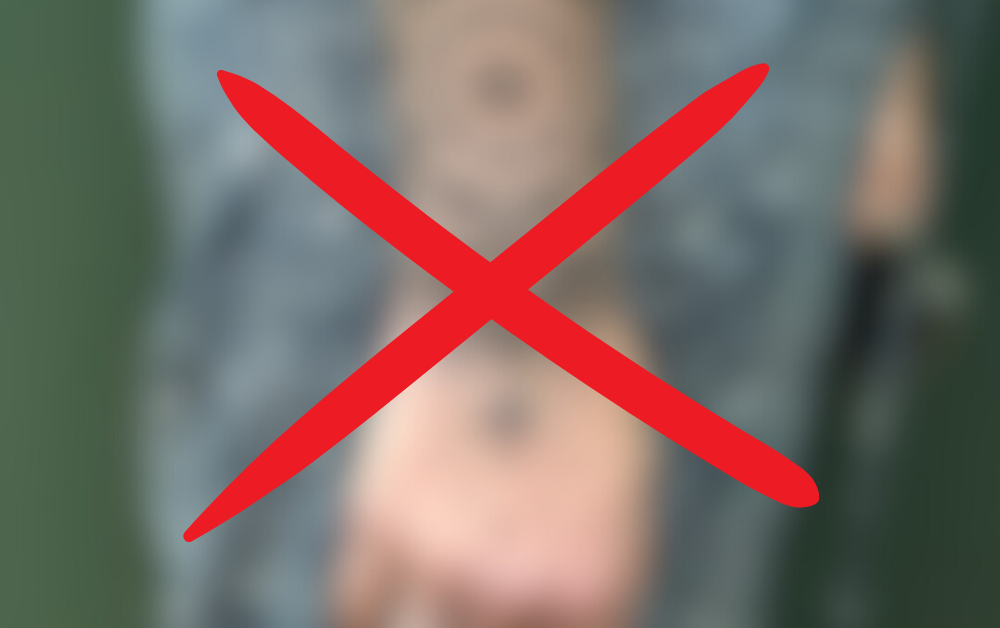The Mandala Tattoo Trap: The Deception of “Spiritual” Ink

An Important Editorial Correction
This article has been revised to correct a previous editorial oversight. While we may have featured tattoo designs in the past, this was a misstep that did not align with our platform’s core values. We are now reaffirming our principle that permanent body modification is a serious decision with physical, psychological, and spiritual consequences. For these reasons, we do not endorse or recommend getting tattoos. We thank you for your understanding as we ensure our content reflects our foundational principles.
The Illusion of “Spiritual” Fashion
The mandala has become a popular design in the fashion and tattoo world, promoted as a symbol of “spirituality,” “calm,” and “magic.” People are drawn to its intricate geometric patterns, believing it gives them an air of depth or inner peace.
This is a dangerous and hollow illusion. True spirituality is not a pattern you can buy or ink onto your skin. It is found in the submission to the one true God, Allah. This article will dismantle the counterfeit spirituality of the mandala tattoo and expose why it is a doubly problematic choice, both for its origins and for the forbidden act of tattooing itself.
The Spiritual Poison of a Foreign Symbol
The mandala design is not a neutral pattern. It originates from polytheistic religions like Hinduism and Buddhism, where it is used in their rituals and to represent their concepts of deities and the universe.
For a Muslim, the issue is therefore not just about getting a tattoo; it’s about adopting a symbol deeply intertwined with beliefs that contradict the absolute oneness of God (Tawhid). Allah is the only deity worthy of worship, and Islam is the only true religion. Imitating the rituals or adopting the sacred symbols of other faiths is a matter of grave spiritual concern in Islam. It creates confusion, normalizes falsehood, and is a step away from the clear and pure path of Islam. Even if done for “fashion,” it represents an acceptance and promotion of symbols rooted in disbelief (kufr) and polytheism (shirk).
The Universal Harms of the Act Itself
Even if we were to completely ignore the symbol’s problematic origin, the physical act of getting a tattoo is, in and of itself, a harmful and forbidden practice. The pretty design does not change this reality.
- The Physical Wound: The process requires a needle to repeatedly injure your skin, creating an open wound and injecting chemicals. This carries the universal risks of infection, blood-borne diseases, and allergic reactions that can cause lifelong skin problems.
- The Inevitable Regret: The intricate lines of a mandala are particularly susceptible to blurring and fading as the skin ages. The “calming” pattern will inevitably degrade into a murky, unattractive blemish. This leads to the psychological burden of regret and the painful, expensive, and often scarring process of laser removal.
The Decisive Verdict: Islam’s Unchanging Stance on Tattooing
The primary reason for a Muslim to avoid all tattoos is the clear prohibition in our faith.
- A Betrayal of the Body as a Trust (Amanah): Our bodies are a trust from Allah. We are commanded to protect them, not to willfully damage or deface them for the sake of vanity.
- The Prohibition of Altering God’s Creation: The act of tattooing falls under the category of changing the creation of Allah (taghyir khalqillah), which is strongly condemned. This principle is absolute and does not change based on the design.
Conclusion: Choose True Spirituality—The Purity of Tawhid
Do not be deceived by empty symbols. True spirituality, peace, and centeredness are not found in geometric patterns borrowed from other beliefs. They are found only in the clear, pure, and uncompromising path of Islam—in the belief that there is no god but Allah and that Muhammad is His Messenger.
Focus on purifying your heart and filling it with the remembrance of Allah. That is the only center that matters, the only source of true peace, and a beauty that will never fade.

